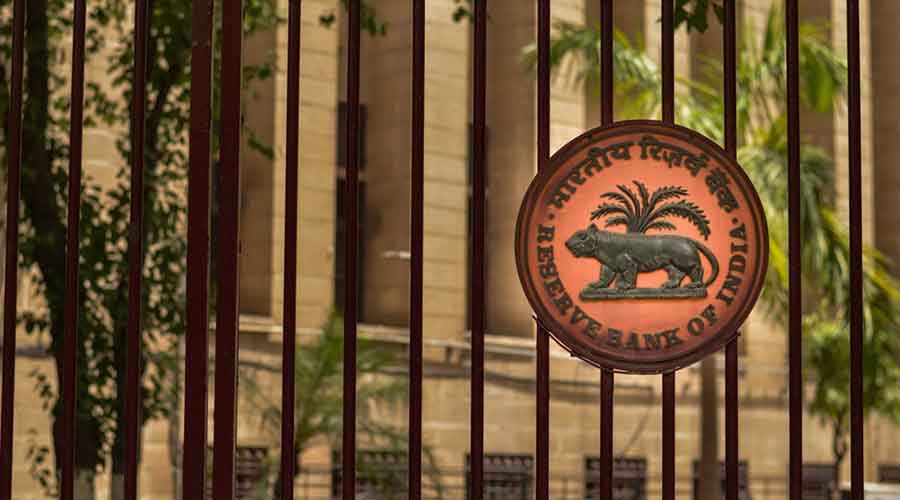The RBI is stepping up its scrutiny of non-banking finance companies (NBFCs) and urban co-operative banks (UCBs), particularly the larger ones. The central bank on Friday announced a host of steps in this direction that included the strengthening of their audit systems and framing a dividend distribution policy.
The banking regulator also announced plans to bring in a scale-based regulatory framework for the NBFCs.
In audit, the RBI announced the introduction of risk-based internal audit in large UCBs and NBFCs and the harmonisation of guidelines on the appointment of statutory auditors for commercial banks, UCBs and NBFCs to improve the quality of financial reporting.
RBI governor Shaktikanta Das said that a review of the way NBFCs were functioning was needed because of their growing significance and rising inter-linkages with other segments in the financial system.
“There is, therefore, a need to review the regulatory framework in line with the changing risk profile of NBFCs. It is felt that a scale-based regulatory approach linked to the systemic risk contribution of NBFCs could be the way forward,” the RBI said while adding that it will carry out consultations with stakeholders before finalising such a regulatory framework.
The RBI is also set to bring out guidelines for dividend distribution by NBFCs. Unlike banks, currently there are no guidelines in place with regard to the distribution of dividends by these entities.
In a separate move, the regulator reiterated that banks cannot give dividends from their profit for this fiscal.
Rural bank liquidity move
Regional rural banks (RRBs) have now been allowed to access the RBI’s liquidity window. RRBs are currently not permitted to tap the liquidity windows of the RBI as well as the call money market.
The Reserve Bank of India (RBI) is stepping up its scrutiny of non-banking finance companies (NBFCs) and urban cooperative banks, particularly the large ones.
The central bank on Friday announced a host of steps in this direction, including strengthening of their audit systems and framing a dividend distribution policy. The regulator also announced plans to bring in a scale-based regulatory framework for the non-banks.
RBI governor Shakikanta Das said its supervisory focus has been on improving the governance functions in these entities. As part of this process, the RBI announced the introduction of Risk based Internal Audit (RBIA) in large UCBs and NBFCs and harmonisation of guidelines on appointment of statutory auditors for commercial banks, UCBs and NBFCs to improve the quality of financial reporting
Dividend
In view of the economic shock caused by the Covid-19 pandemic, the RBI on Friday asked scheduled commercial banks and co-operative banks not to make any dividends for the financial year ended March 2020. The RBI said it is imperative that banks continue to conserve capital to support the economy and absorb losses, if any.
Regional rural banks
In another step that widened the borrowing option of regional rural banks (RRBs), the RBI allowed them to access its liquidity window. RRBs are currently not permitted to tap the liquidity windows of the RBI as well as the call money market.
These banks can now participate in the call money market both as borrowers and lenders.
They can also tap the repo and reverse repo windows of the RBI and also get access to the Marginal Standing Facility (MSF) wherein entities can borrow emergency funds from the RBI at a rate which is higher than the repo rate. This now stands at 4.25 per cent.










